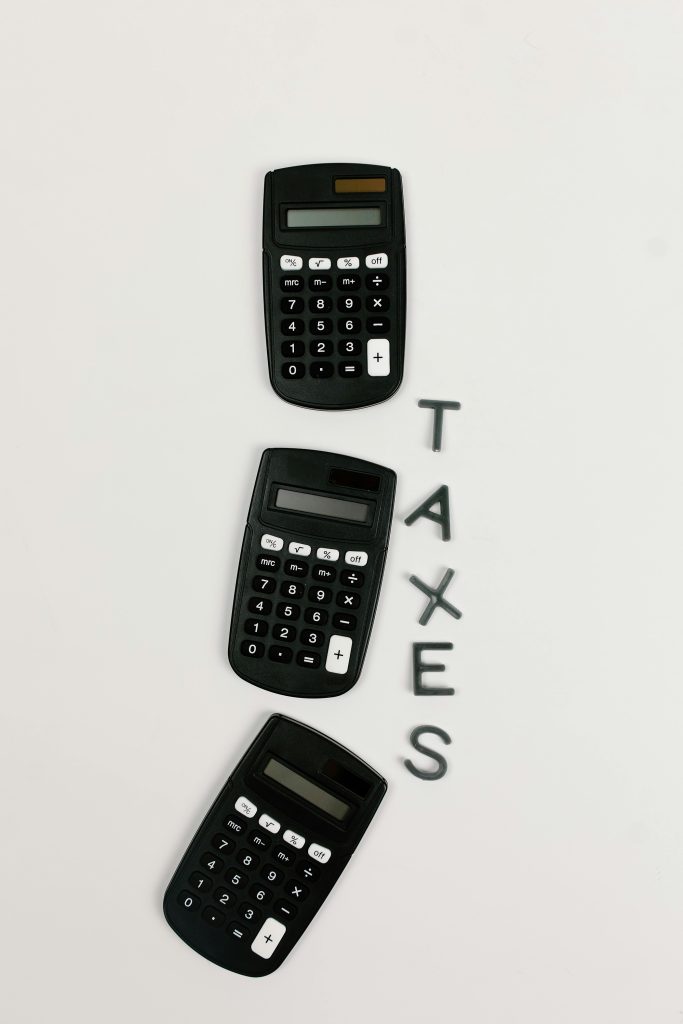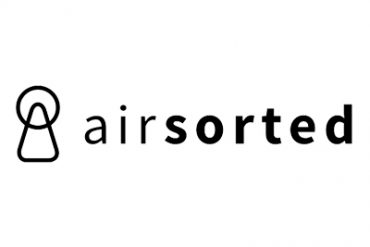By Max Singh,
Why do we need taxes, and are Canadian taxes high?
Canada has a comprehensive taxation system to pay for the many publicly funded infrastructure, health, and social services Canadians enjoy. Personal, business, and corporate taxes pay for our schools, hospitals, roads, essential services, and everything else.
Canada’s tax reputation is generally seen as unduly high. However, our country ranks #25 globally for highest taxes if we look at the highest federal income bracket, 28 places higher than the US. Contrary to widespread belief, you’ll pay more taxes if you’re a higher earner, not less. According to the Organization for Economic Co-operation and Development (OECD), while Canada is not the highest-taxed country overall, we are within the upper third of the highest-taxed countries in the world.
Recently, the Fraser Institute revealed research showing that the top 20% of Canadians pay 61.4% of Canada’s total personal income taxes. Meanwhile, middle—and lower-income Canadians pay a 20.5% federal tax rate (on income between $53,359 and $106,717). For the 2024 tax year, the basic federal personal amount any individual Canadian taxpayer can earn is $15,705 before paying any federal income tax.

The Various Types of Taxes in Canada
Canada has distinct types of taxes, including income, sales, property, and corporate taxes. Income tax in Canada makes up the most considerable portion of the federal government’s revenue. It generally funds almost half of the federal government’s budget. Corporate and Sales taxes account for about fifteen percent of the federal government’s revenue.
PST, GST, and HST Sales Tax
These are the most common types of taxes people identify. The federal government’s Goods and Services Tax (GST) and provincial governments’ Provincial Sales Tax (PST) are applied to most goods and services consumed in Canada. In some provinces, the GST and PST are combined to form a Harmonized Sales Tax (HST). In other provinces, there is no PST. Because both the federal and provincial governments levy sales taxes, the tax rate on any consumer goods or service may vary by province. However, the tax does not apply to certain supplies, goods, and services that are zero-rated (i.e., taxed at 0%) or exempt.
Property Tax
Property tax is a tax on an asset. If you own a home in Canada, you will need to pay property tax on it. Similar to other tax programs in Canada, the amount you pay will vary by location. Property tax is collected at a local level. Property taxes cover several services, including water, snow removal, garbage collection, policing, and fire protection.

Corporate Taxation
Corporations in Canada, including non-profits and inactive corporations, pay taxes on profits and capital. Corporate taxes are levied at the federal and provincial levels. Therefore, the corporate tax rate varies not only by the type and size of the corporation but also by its province of operation. Businesses are required to collect and remit BC PST on sales and leases made in British Columbia.
Customs and import duties
Customs tariffs (duties) are levied on goods imported into Canada. The amount of customs duty that applies to imported goods depends on several factors, including the nature of the duty (i.e. ad valorem or specific), tariff classification, country of origin, and value for duty declared.
Luxury tax
A luxury tax applies on the sale or import, for personal use, of: luxury cars and personal aircraft with a retail sales price over $100,000, and boats with a retail sales price over $250,000, calculated at the lesser of:20% of the value above the sales price threshold, or10% of the full value of the luxury car, boat, or personal aircraft. Certain exemptions apply.
Excise tax
Excise duties are levied on domestic spirits, wine, beer, malt liquor, tobacco, and vaping products at various local rates. When these goods are imported into Canada, the importer generally pays the duty at the time of importation.
Tax on equity repurchases
Recently enacted legislation introduced a corporate-level 2% tax that applies on the net value of equity repurchased in a taxation year by a Canadian resident public corporation (exclusions apply). The tax applies to repurchases of equity that occur after 31 December 2023.
British Columbia speculation and vacancy tax (SVT)
In British Columbia, an annual SVT is imposed on residential property in specific urban centers. The tax rate, as a percentage of the property’s assessed value on 1 July of the previous year, is 2% for foreign investors and satellite families and 0.5% for British Columbians and all other Canadian citizens or permanent residents who are not members of a satellite family.

Federal tax on Canadian housing owned by non-residents
An annual 1% federal underused housing tax (UHT) applies to the value of non-resident, non-Canadian-owned residential property considered vacant or underused. Failure to file the mandatory declaration could result in significant penalties.
Land transfer tax
All provinces and territories levy a land transfer tax or registration fee on the purchaser of real property within their boundaries. Rates generally range from 0.04% to 5%, depending on the province or territory, but may be higher if the purchaser is a non-resident. Some exemptions (or refunds) are available. In British Columbia, a 20% land transfer tax (in addition to the general land transfer tax) is imposed on foreign entities and trusts.
Individual – Taxes on personal income
(as of December 2024)
Individuals who reside in Canada are subject to Canadian income tax on worldwide income. Meanwhile, for the 2024 tax year, the federal basic personal amount any individual Canadian taxpayer can earn is $15,705 before paying any federal income tax.
Non-resident individuals are subject to Canadian income tax on income from employment in Canada, income from carrying on a business in Canada, and capital gains from the disposition of taxable Canadian property. Taxes are also payable on profits and gains in non-tax-sheltered sources of income.
All provinces and territories compute income tax using ‘tax-on-income’ systems (i.e., they set their rates, brackets, and credits). All except Quebec use the federal definition of taxable income.
Capital Gains tax
As a result of draft legislative proposals, which increase the capital gains inclusion rate from one-half to two-thirds, effective 25 June 2024, for a portion of realized capital gains exceeding a certain threshold. The top marginal capital gains rates in the table will be 33 1/3% higher for the portion of any capital gains realized after 24 June 2024 that exceeds an annual $250,000 threshold. The capital gains tax exemption for a jointly owned private home is $250,000 for each individual – up to a joint maximum of $500,000. A primary residence is exempt from capital gains. (For now.)
Taxes are a necessary burden!
People assume Canadians pay much higher taxes than Americans; Canada falls below average in a tax study of OECD countries. So, Canadians are taxed less than the French, Germans, New Zealanders, UK citizens, and others. Still, it is essential to note that taxes do go toward significant services in Canada that Americans cannot access—most notably, healthcare. Americans spend an average of $9,000 annually on healthcare—double Canada’s $4,500.
If you want an idyllic life where the government pays for almost everything for its citizens, move to a country like Denmark, where people pay an incredible 46% tax rate for its world-famous cradle-to-the-grave welfare system. It is a reality that it is only through taxation that countries such as Canada can provide its citizens, in most cases, a quality of life that is the world’s envy.
(Disclaimer –Tax codes, regulations, and calculations may change. Check the Canada Revenue website and speak to a qualified tax accountant or tax consultant to see how you or your company are impacted.
(Sources – Government of Canada, Revenue Canada, Canadian Border Service Agency, Fraser Institute, Organization for Economic Co-operation and Development (OECD), Wealth managmentt.com, Canadim.com, Pwc.com.)




